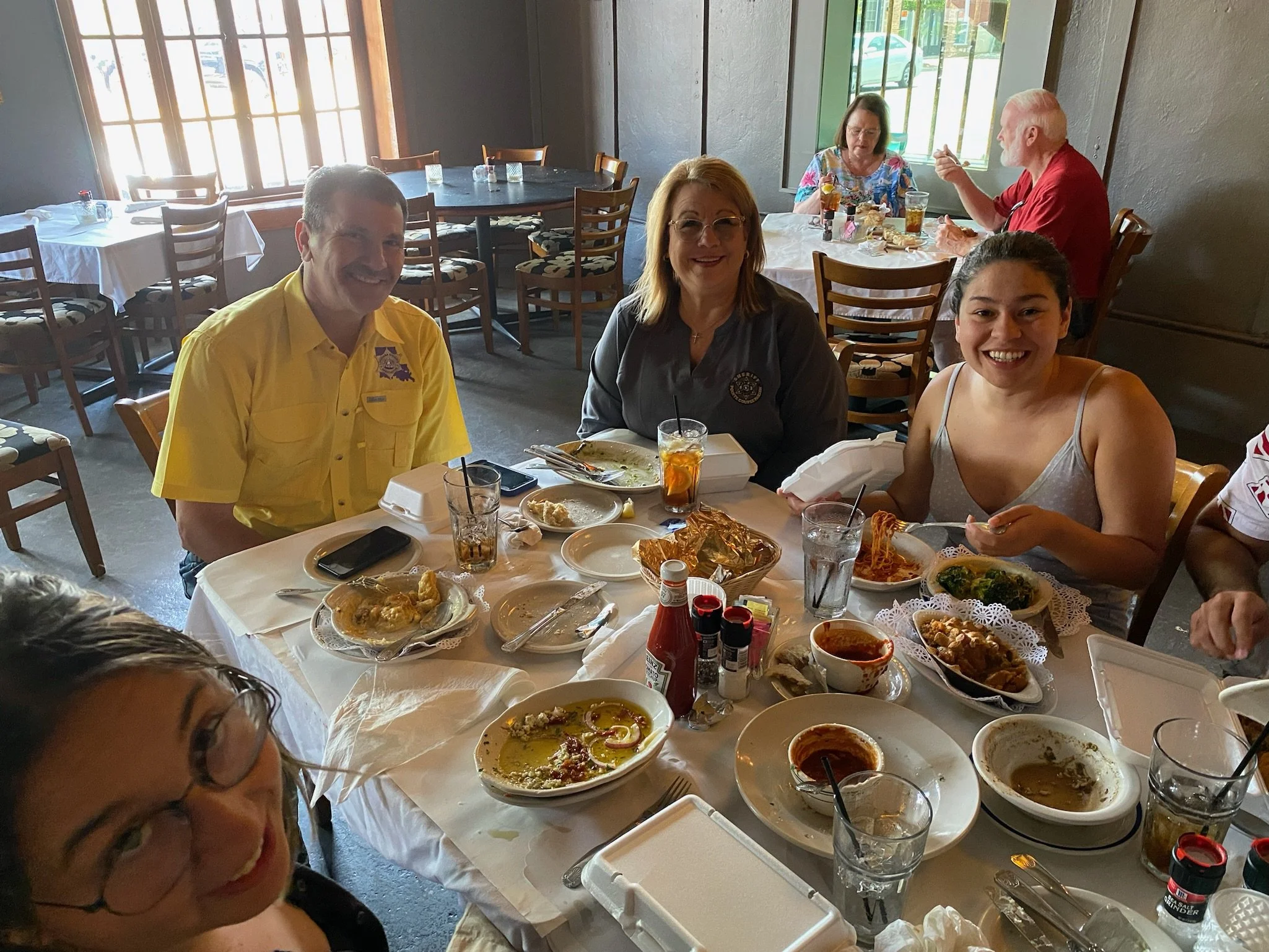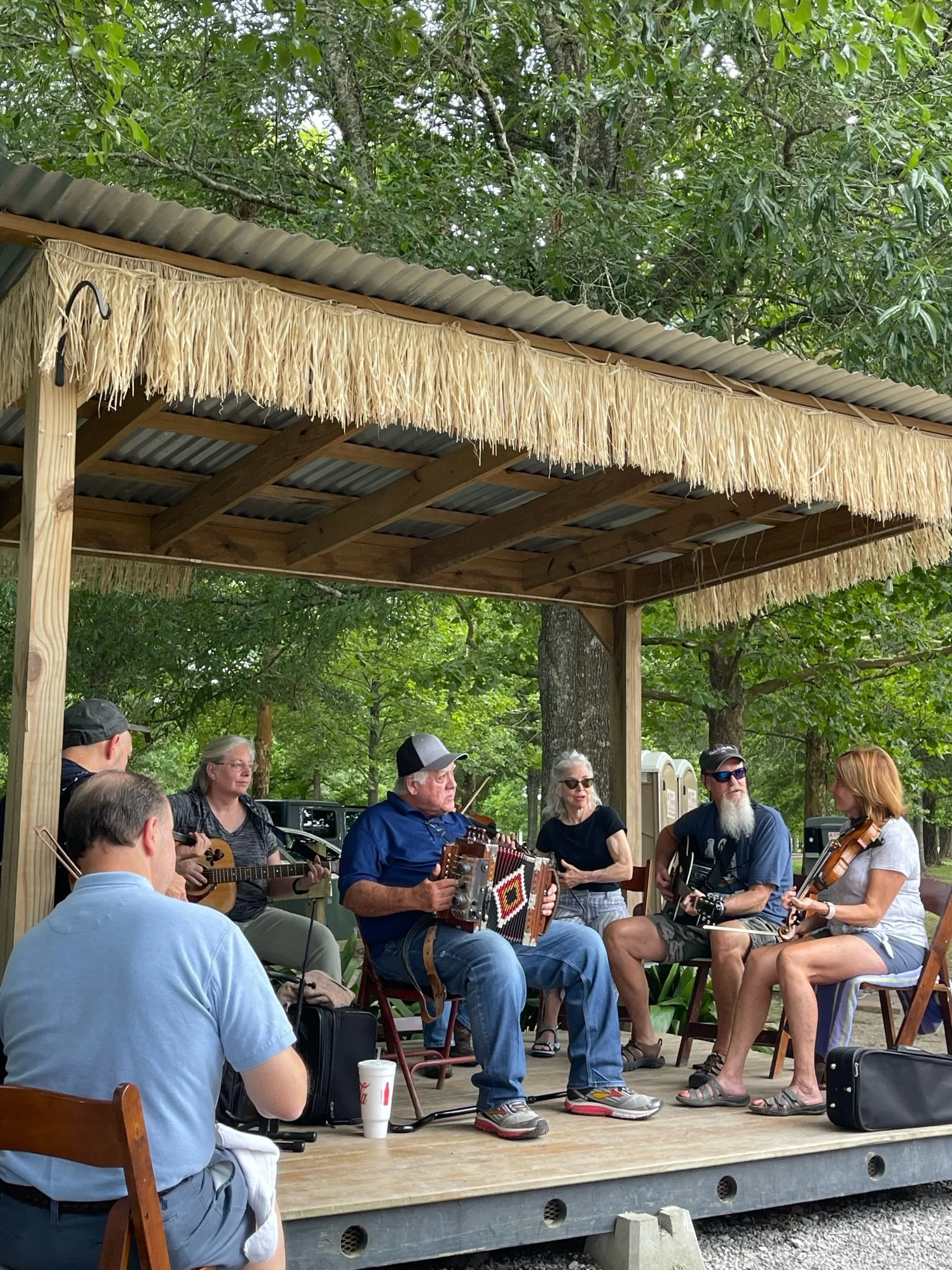The summer of 2021, up until August 19th on move-in day of freshman year, I was brimming with excitement, bursting at the seams at the thought of a new life in the west coast, in utopian Southern California. But I could never have fathomed the kind of uprooting I had signed myself up for, the sheer loss and disorientation I would feel in the new chapter of my life I naively thought I was overdue for. As I cried the first night after landing in Los Angeles, the realization that I’d innocently and too eagerly believed the mantra that “college would be the best four years of a person’s life” sank my heart into my stomach and made me question whether I’d made a mistake–an almost irreversible and incredibly expensive mistake.
For the following two years, I found myself trapped in a cycle of mourning home and an even deeper cycle of toxic comparison–a cycle that seemed to tighten itself around me until I couldn’t see what I had to look forward to. Not being able to identify what could possibly be wrong when I had all of the obvious privileges presented to me – a reputable program, incredible professors, growing friendships – deepened a pain with no logical explanation or causation.
Despite time progressing and LA’s foreign environment becoming increasingly familiar, the hollowness, the inability to fully immerse myself in my environment during the semesters persisted. Although coping mechanisms were discovered and people I felt comfortable with were found, nothing internally felt resolved, simply numbed. This mentality continued and nearly spiraled after final exams, when I started preparing for a bookpacking class that would further take me away from home and to New Orleans, another strange unknown. And on May 13th, on the day of our flight, I was far from prepared for the sheer joys and pockets of sunshine I would experience and take with me for a lifetime.
Impossible to simply choose one aspect of the trip that I loved most, the connections I made with the people across southern Louisiana were unforgettably transformative.
Todd works as valet at the Lafayette Hotel in the business district of New Orleans and has worked there for the past two years. Todd constantly wore a jovial expression, like he was about to tease us for studying too much, had an eagerness for life and the world everything it had to provide, called his sailboat and the water home, and didn’t stop spending his life the way did since he was 16 – traveling the world. When we left in the morning for seminar and returned home late at night from live jazz shows, we saw Todd and talked about our class, New Orleans nightlife and everything in between. He called Kianna “Cleveland” and called our group of bookpackers “studious.” He had an infectious laugh, had traveled nearly every continent except Asia and taught you can never be too old to be young at heart.
René was Sheriff René Thibodeaux in Pointe Coupée Parish and grew up in Morganza before moving to New Roads 10 minutes away. He went to school for baseball but followed in his father’s and grandfather’s footsteps in becoming sheriff. From the moment he stepped into his office, René was heart-warmingly welcoming and fatally charming. Welcoming us to New Roads favorite restaurant Ma Mama’s, planning for us a crawfish boil at the District Attorney Tony’s house, welcoming new ideas and improvements for the sheriff’s department, planning for us a ride out on the lake, René made New Roads feel like home. He called Kianna “Ohio” and winked his left eye and bit his tongue after making a joke. He wore authentic alligator leather boots and rested his hands on his formidable buckle when listening to our thoughts and ideas. He showed all of his teeth when he smiled and talked with a warm, Southern accent that could reassure anyone’s deepest worries. And, after our lunch of crawfish and freshly baked bread at Ma Mama’s, René brought us back to his office and, along with the slice of his life, René gave us all a slice of Morganza cake, a chocolate, caramel filled and frosted slice of his childhood.
Tom owned his own fiddle repair and maintenance shop in the farming town of Arnaudville, Louisiana. He fell in love with the fiddle in Cajun and bluegrass music and brought it upon himself to learn the instrument in adulthood. After living in Connecticut and running a repair shop in Maine, Tom moved down to Louisiana for the weather, the people and the music. He showed us throughout the shop and allowed us to touch his invaluable creations of fiddles he’s repaired and created. Tom is kind and gentle in nature, and is contagiously passionate about what he creates and the Cajun culture of Louisiana. He patiently and thoroughly shared his passion in spite of our incessant questions. Tom shared his love by allowing us to sit in and listen to the JAMbalaya jam session gathering musicians all the way from Baton Rouge together for their love of Louisiana bluegrass. He gifted me the writing of a local author and the literature of Cajun music, and I felt as though he’d given part of his heart to share.
All of the existential worries and crises that I thought couldn’t be solved until I was back home had been solved in rural Louisiana, in humid farmland I had experienced for the first time 1,500 miles away. I believed “homesick” was strictly exclusive to the physical location of where someone was born or was raised in, but I’d grown homesick for the small towns and for the people I had only known for mere days. Maybe it was the authenticity of Southern hospitality or the tight knit nature of small towns or the simplicity and genuineness that was palpable in the people we met and in their belief of treating everyone with kindness that allowed me, for the first time, to perfectly envision what life was meant to be. It wasn’t until Todd, René, Tom and all of the people I’d met through our books that I knew what I’d been missing: community.















